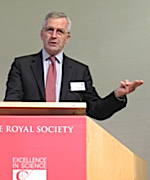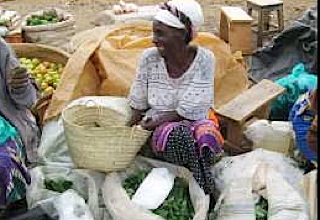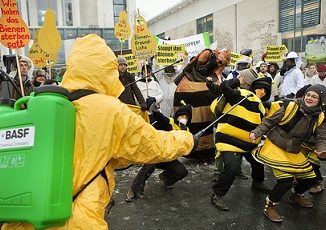
In the wake of Richard Ashworth’s warnings at the end of November it is worth revisiting what he predicted for the CAP in the UK’s troubled dealings with Europe. While no-one would expect a rapid agreement on the CAP, Ashworth described the Commission’s proposals as “…first shots.”
He suggested that it was premature of the agricultural sector to anticipate changes based on the current Commission proposals. Once the European Parliament will have finished deliberating, the final CAP “…may or may not be in that shape when it finishes,” Ashworth warned.
Speaking as a member of the budget committee, Ashworth painted the familiar predictions of economic gloom against which the 2012 CAP discussions will be held. “So when we look to spend the relatively limited funds we have, we have to focus our fire on the things which we consider delivers best true European added value, that we term the European Union 2020 Strategy.”
As well as budgetary constraints come “…urgent demand for new priorities…” and the demands from 10 member states to freeze CAP spending at current levels. This decision will be taken in Council, which requires unanimity, Ashworth reminded his Westminster Forum audience.
Even if nine out of those 10 member states agree to negotiate changes, “…the United Kingdom will insist that the size remains frozen at 2013 level…” potentially triggering “…a red line issue…” a coded hint at another veto. As far as Ashworth is concerned, “…the UK rebate is another red line issue.”
No stranger to being isolated in the budget committee, Ashworth predicts what he described as “…a diplomatic car crash…” in an earlier report. While hazarding no guesses as to what such events may mean for the European budget, he did say: “…I can assure you it will have a profound impact on CAP funding…” adding that: “…I’m extremely surprised, therefore, when the Commission say, even here today, that they are making the assumption that funding for the European Union Common Agriculture Policy will remain static.”
Ashworth identifies food security as the “…number one issue…” with climate change raising the stakes. Since the EU is the world’s largest food importer, he added, “…there is both a moral and financial responsibility on the European Union to increase food production.” The notion of food sovereignty has no place in this analysis.
The public debate he foresees will at best be over-simplified: “…when this reform becomes public, what are the press going to say, what are the public going to think of what the European Commission is trying to do?” The 7% set-aside, the three-crop rule and permanent pasture rule are all trotted out for ritual slaughter: “…there is nothing in this reform which will truly stimulate productivity and competitiveness of the industry, which I believe it should.” If agriculture is to be an industry like any other industry, this would be logical.
The prospect of creating increasingly subsidy-dependent sections of agriculture alarms Ashworth and he would not be alone in this. Nor would he be alone in arguing that commercial agriculture and the environment can, in some people’s views, be reconciled: “Don’t misunderstand me, of course I support the environment, of course I’m in favour of greening and of course we all want biodiversity, but wearing my farming hat for one moment, I suggest there is no conflict between intensive agriculture and best practice in land management.”
However, economic arguments are never far away: “I do believe it’s right and proper that we should reward farmers for delivery of public goods, but I do not believe that that legislation should conflict with productivity and competitiveness of the industry at a time like this.”
As a former chairman of NFU Corporate, the Brussels lobbying arm of the National Farmers’ Union, the risks for British interests as Ashworth perceives them are clear: “I think there’s a real danger in this legislation if it stands as it is now, that we would clearly disadvantage the United Kingdom, but worse that we would punish farmers in the UK who are already doing the right thing.”





